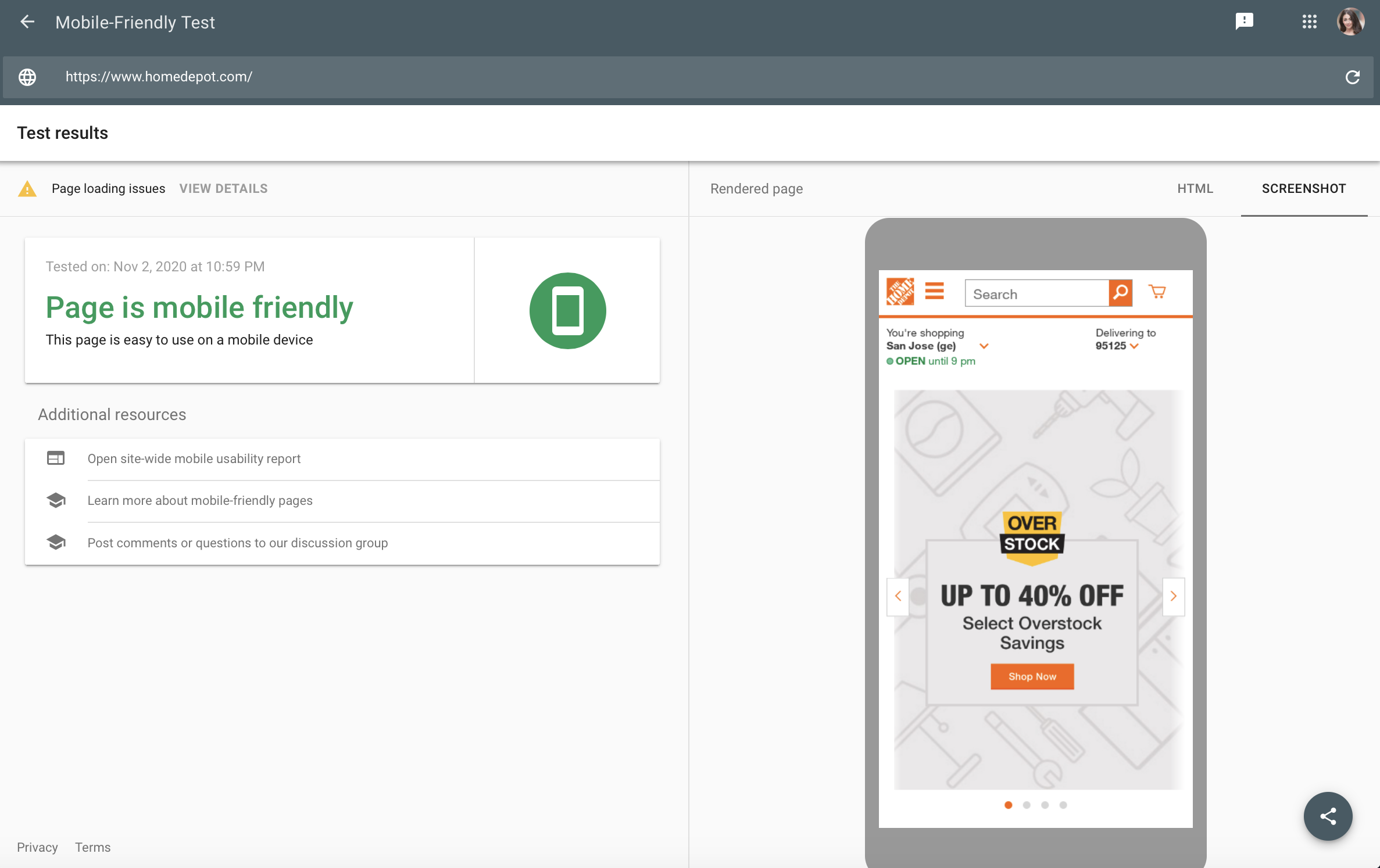As a digital marketing company, it’s crucial to stay up-to-date with the latest SEO trends and best practices. However, there are some on-page optimization techniques that Google frowns upon and can negatively impact your website’s search engine rankings.
In this blog post, we will discuss eight on-page optimization techniques that Google hates, so you can avoid them and keep your website in good standing.
1. Keyword Stuffing
Keyword stuffing refers to the excessive use of keywords in an unnatural way throughout your content. While it’s essential to include relevant keywords in your content, overusing them can be detrimental to your rankings. Google’s algorithm is smart enough to detect keyword stuffing, and it considers it as a manipulative practice. Instead, focus on providing valuable and informative content to your audience.
2. Hidden Text or Links
Some websites try to manipulate search engines by adding hidden text or links to their pages. This technique involves using the same color as the background or using tiny font sizes to hide text or links from users but make it visible to search engine crawlers. Google has explicitly stated that hiding text or links is against its guidelines and can result in penalties.
3. Duplicate Content
Having duplicate content on your website can harm your search engine rankings. Google aims to provide users with the most relevant and unique content possible. If your website contains identical or very similar content to other websites, Google might penalize you by ranking your website lower or excluding it from search results altogether. Ensure that each page on your website offers unique and valuable information.
4. Doorway pages
Doorway pages are web pages that are specifically created to rank high in search engine results for certain keywords or phrases. These pages are designed to redirect users to a different website or page, rather than providing them with valuable and relevant content. Google considers doorway pages as a form of spam and does not favor websites that use them. Such pages do not contribute to a positive user experience and can result in penalties for the website owner.
5. Slow Page Speed
Slow page speed refers to the amount of time it takes for a web page to load fully. When a web page takes too long to load, it can negatively impact user experience and lead to higher bounce rates. Google considers slow page speed as a factor that can harm a website’s ranking in search results. Therefore, it is crucial for website owners to optimize their page speed to ensure a fast and seamless browsing experience for users.
6. Poor Mobile Optimization
Poor mobile optimization refers to the lack of proper optimization of a website for mobile devices. This includes issues such as slow loading times, unresponsive design, and difficulty in navigating the site on mobile screens. When a website is not optimized for mobile, it can result in a poor user experience and negatively impact its ranking on Google. Google prioritizes websites that provide a seamless and user-friendly experience on mobile devices, so poor mobile optimization is something that Google hates.
7. Broken Links or Redirects
Broken links or redirects are URLs that no longer lead to the intended page. When a user clicks on a broken link, they are met with an error message or a blank page, which can be frustrating and lead to a negative user experience. Google dislikes broken links because it disrupts the flow of information and makes it harder for their search engine to provide accurate and useful results to users. It is important for website owners to regularly check for and fix broken links to ensure a smooth browsing experience for their visitors.
8. Overuse of Ads
The overuse of ads refers to the excessive placement of advertisements on a website, to the point where it interferes with the user experience. This can include pop-up ads, auto-playing videos, and intrusive banner ads that disrupt the content. Google dislikes this practice because it prioritizes user experience and wants to provide valuable and relevant content to its users. Overuse of ads can lead to a poor user experience, higher bounce rates, and negatively impact a website’s search engine rankings.
Avoiding these on-page optimization practices that Google dislikes can help improve your website’s visibility and search engine rankings.
Final Words
In conclusion, it is essential for website owners and SEO professionals to be aware of the on-page optimization techniques that Google dislikes. By avoiding these practices, such as keyword stuffing, excessive internal linking, and duplicate content, websites can improve their chances of ranking higher in search engine results and avoid potential penalties from Google. It is crucial to prioritize user experience and provide high-quality, relevant content to ensure long-term success in SEO efforts.




